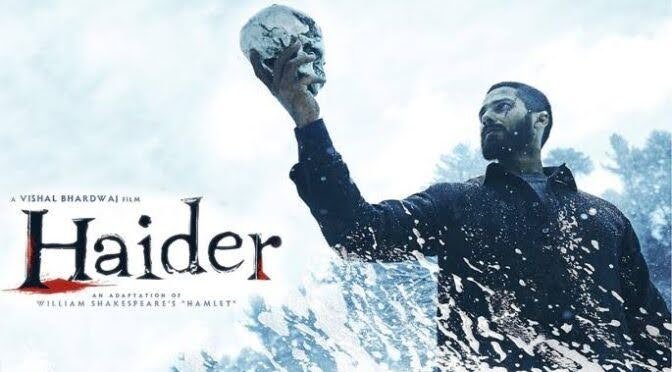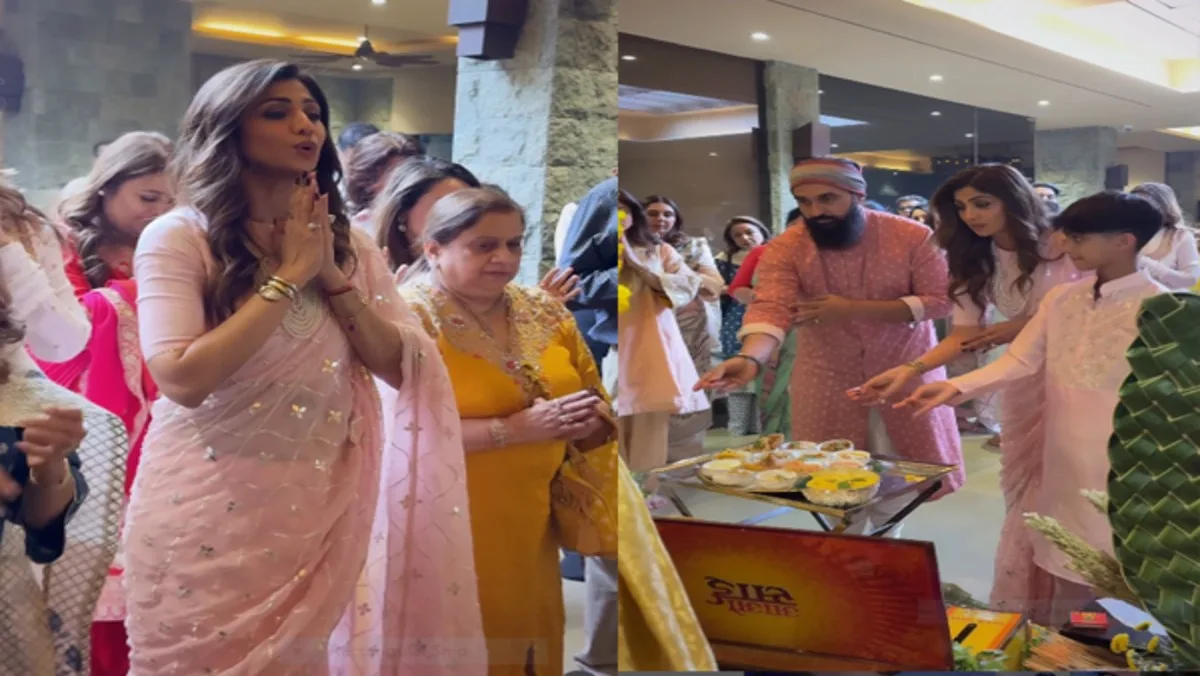Bollywood has produced a plethora of films over the years, with some standing out as if they were derived from pre-existing narratives. This connection may stem from their origins in literature, where writers meticulously crafted these stories before they were translated to the screen. The following eight films exemplify this trend, offering not just a retelling of a tale but a recollection of something once written, now vividly reimagined.
Eight Bollywood Films Adapted from Literature:
1. Devdas (2002) – Adapted from Devdas by Sarat Chandra Chattopadhyay
Devdas, originally penned by Sarat Chandra Chattopadhyay, has been adapted into films multiple times, but Sanjay Leela Bhansali’s version elevated the narrative to a grand spectacle. Featuring Shah Rukh Khan as a tragic lover, the film immerses viewers in a vibrant fantasy world while preserving the raw emotions of the original text. The novel critiques societal constraints and self-destruction, and while the film adopts a stylized approach, it retains the essence of the characters’ emotional turmoil. Each moment of Dev’s despair is palpable, making the adaptation a true reflection of the novel’s tragic core.
2. Kai Po Che! (2013) – Based on The 3 Mistakes of My Life by Chetan Bhagat
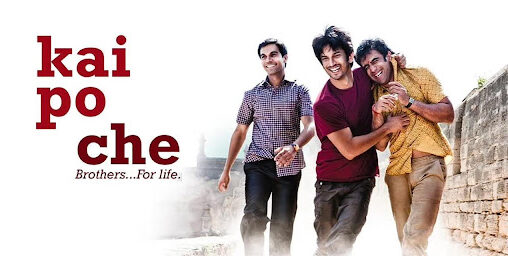
Kai Po Che! closely follows The 3 Mistakes of My Life by Chetan Bhagat, which proved advantageous for its storytelling. Directed by Abhishek Kapoor, the film takes its time to develop the three friends and their ambitions, set against a backdrop of socio-political challenges. The Gujarat earthquake, cricket, and political unrest are not merely contextual but integral to the characters’ emotional journeys. Sushant Singh Rajput’s portrayal of Govind allows viewers to connect deeply with the narrative, which explores the complexities of growing up in turbulent times.
3. 3 Idiots (2009) – Inspired by Five Point Someone by Chetan Bhagat
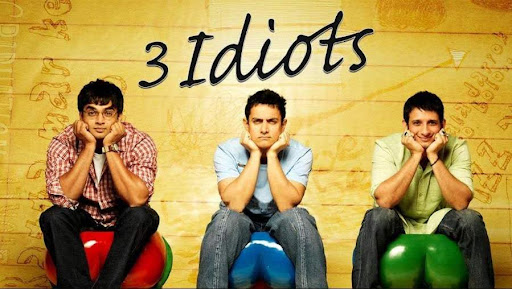
3 Idiots is arguably the most commercially successful adaptation on this list, albeit different from Five Point Someone by Chetan Bhagat. While it retains the core theme of educational pressure, Rajkumar Hirani infuses the script with satire, emotional depth, and memorable characters. The narrative shifts focus from a collective viewpoint to the captivating character of Rancho (Aamir Khan), diverging from the book’s structure. Despite creative liberties, the film sparked national conversations about intelligence and success, themes also explored in Bhagat’s work.
4. Raazi (2018) – Based on Calling Sehmat by Harinder S. Sikka
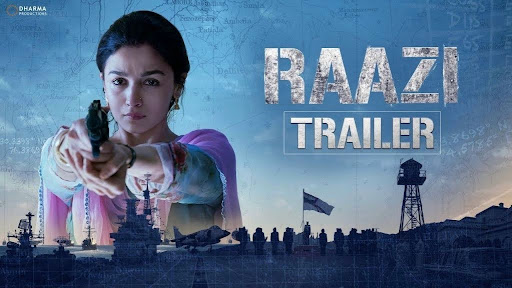
Based on Calling Sehmat by Harinder S. Sikka, Raazi offers a unique perspective on the life of a female spy. Alia Bhatt portrays Sehmat with a nuanced vulnerability, steering clear of the typical cinematic ‘heroine’ archetype. The film does not romanticize espionage; instead, it delves into the personal, moral, and emotional costs involved. While the source material is rooted in factual events, Meghna Gulzar transforms it into a tense, character-driven narrative where silence speaks volumes. It explores the demands of patriotism amidst the conflicts of love and loyalty.
5. Haider (2014) – Adapted from Hamlet by William Shakespeare
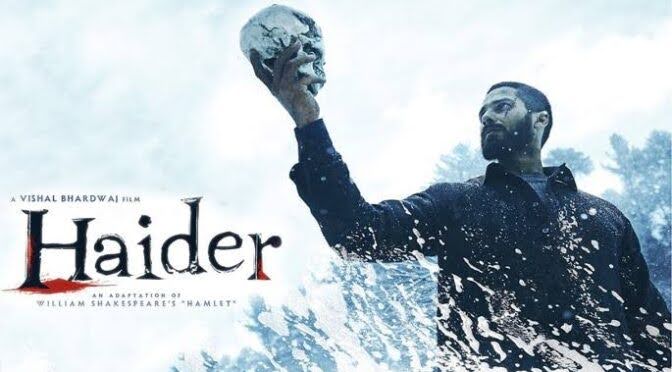
Directed by Vishal Bhardwaj, Haider is an ambitious adaptation of Shakespeare’s Hamlet, set against the backdrop of conflict-ridden Kashmir. This adaptation serves as an interpretation, with Shahid Kapoor’s portrayal of Haider capturing the essence of madness, grief, and vengeance in a strikingly realistic manner. The iconic line “To be or not to be” is reimagined as “Hum Hain Ki Hum Nai,” and the narrative intertwines betrayal with the political climate of the region. Hamlet’s themes of hesitation and internal conflict are poignantly reflected in the struggles faced by Haider amidst real-world turmoil.
6. Parineeta (2005) – Adapted from Parineeta by Sarat Chandra Chattopadhyay
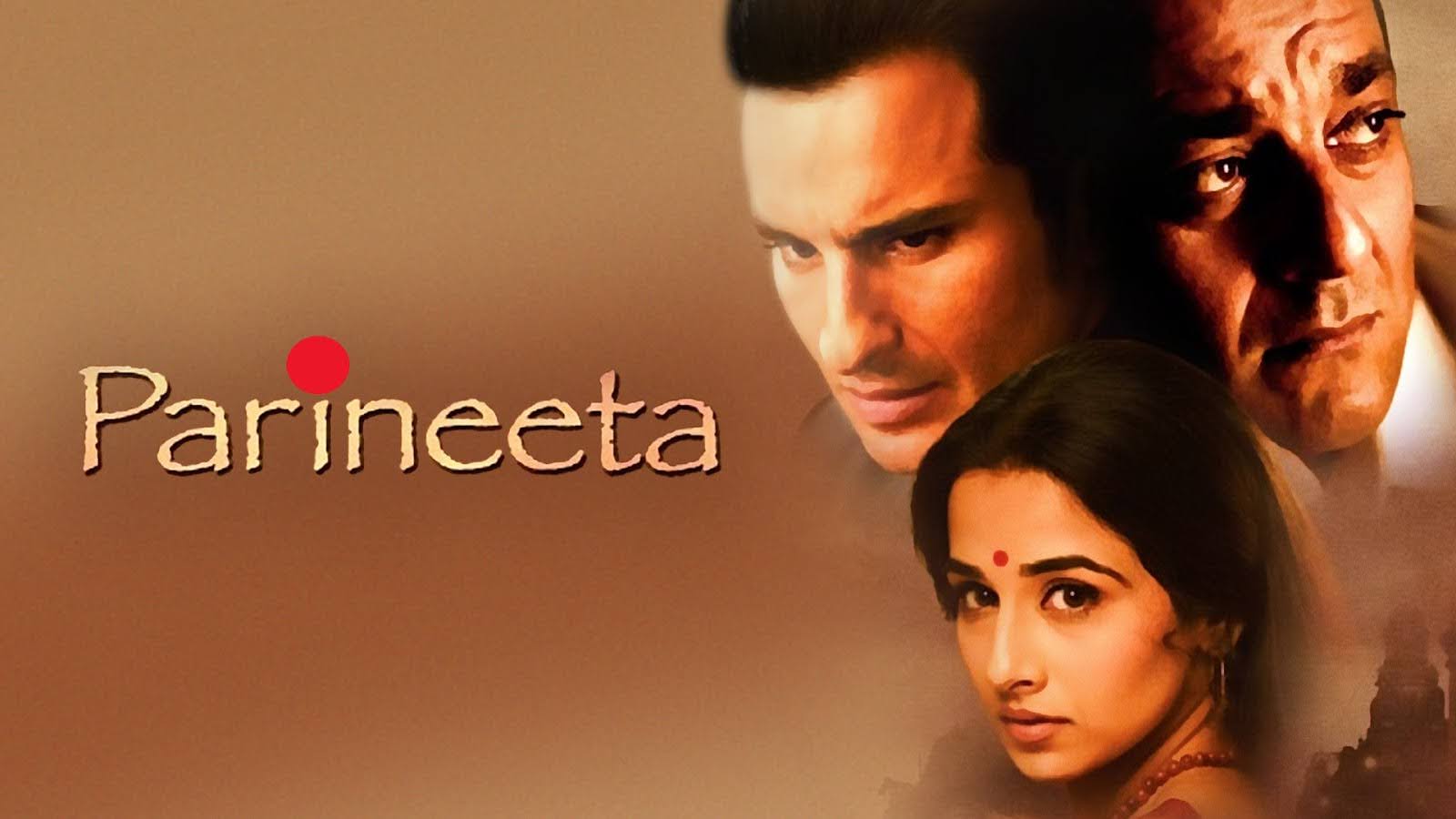
Another adaptation of a novella by Sarat Chandra Chattopadhyay, Parineeta is characterized by its romantic and gentle narrative. Directed by debutant Pradeep Sarkar, it stars Vidya Balan and Saif Ali Khan, maintaining much of the original material’s essence. The film captures not only the love story but also the socio-cultural tensions of pre-independence Bengal. The subtlety of emotions, class struggles, and ego clashes are portrayed in a manner that resonates with the original writer’s vision, avoiding any overt dramatization.
7. Aisha (2010) – Inspired by Emma by Jane Austen
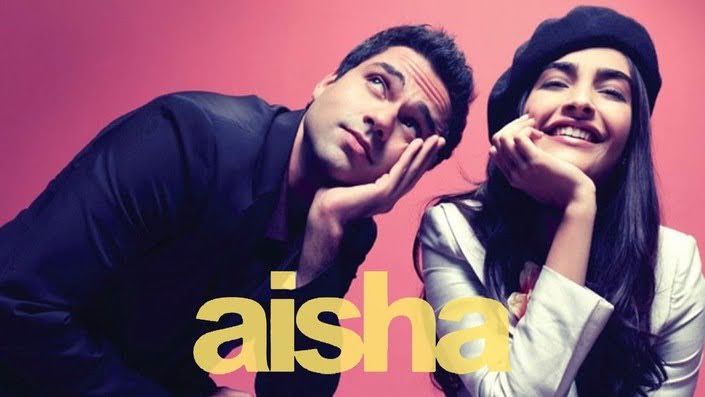
Aisha represents a bold step in adapting Emma by Jane Austen for an Indian audience. Led by Sonam Kapoor, the film reinterprets Austen’s themes within the context of Delhi’s high society, focusing on matchmaking, class, and self-awareness. Rather than attempting a direct retelling, it presents a narrative about a young woman navigating the lives of others, ultimately realizing her own misconceptions. Critics have noted that the film leans more toward style than substance, yet Austen’s work has always emphasized perception and self-image.
8. The Blue Umbrella (2005) – Based on Blue Umbrella by Ruskin Bond
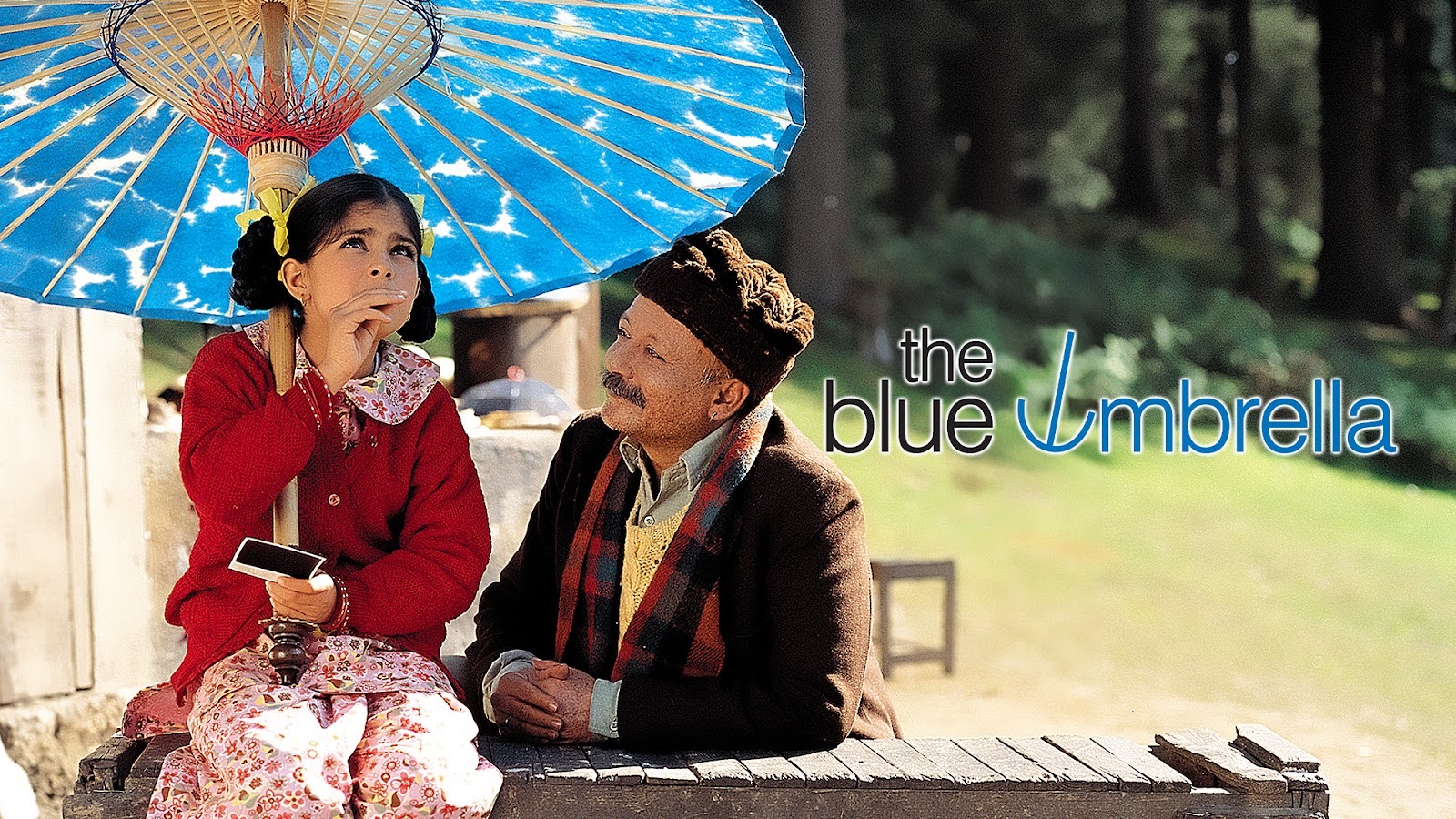
Directed by Vishal Bhardwaj, The Blue Umbrella is an endearing adaptation of Ruskin Bond’s children’s novel. The film unfolds gently, resembling a picture book with its simple yet profound emotional depth. The narrative centers on a young girl who acquires a vibrant blue umbrella, inciting envy among the villagers, particularly a shopkeeper portrayed by Pankaj Kapur. The story, rooted in themes of envy and forgiveness, unfolds organically, reflecting Bond’s intent without overt moralizing. It exemplifies the idea that less can indeed be more, offering a sincere portrayal of childhood without pretentiousness.
These adaptations resonate with audiences, evoking a sense of familiarity as if they are stories that have been known long before.






